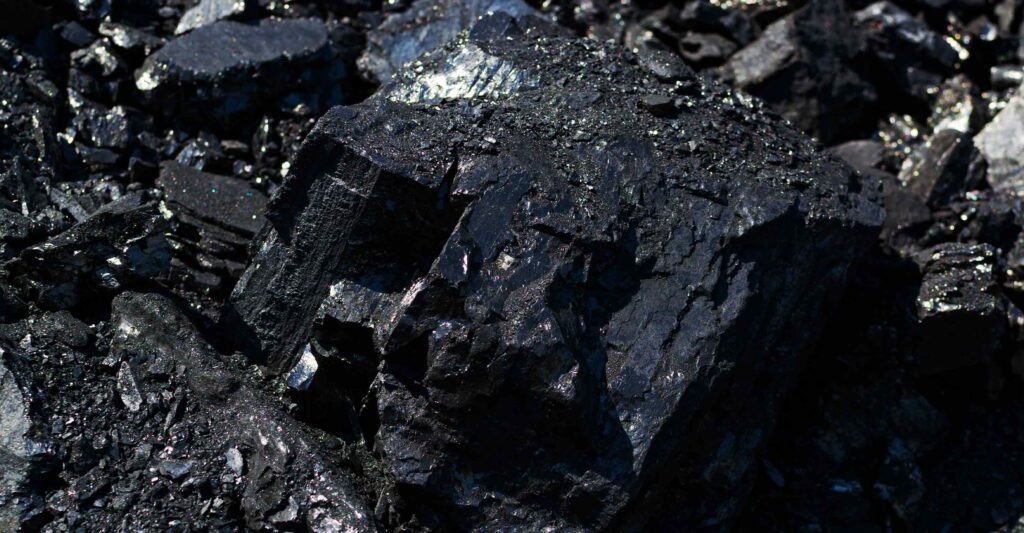Understanding the Impact of Black Carbon: The Invisible Menace
Black carbon has gotten a bad reputation in recent years as a major contributor to climate change. However, there are some overlooked benefits to this dark particulate matter that deserve more attention.
First, black carbon plays an important role in soil fertility. When biomass and fossil fuels are burned, some of the black carbon ends up settling on the ground. This carbon-rich material actually helps enrich soils when mixed into the top layers. Studies have shown higher crop yields in soils with greater amounts of black carbon.
Black carbon also helps retain heat in the atmosphere. While too much of this effect can be problematic for accelerating global warming, some degree of heat retention is important for maintaining comfortable surface temperatures on Earth. Without any greenhouse gasses or particulate matter like black carbon, our planet would be too cold to support life as we know it.

Additionally, black carbon influences cloud formation in ways that can be advantageous. The particles serve as cloud condensation nuclei that facilitate water vapor condensing into cloud droplets. More cloud cover means additional reflection of solar radiation back into space, creating a localized cooling effect.
So while reducing black carbon emissions to curb climate change is crucial, we should not demonize this substance entirely. Like many aspects of nature, black carbon involves complex tradeoffs. With thoughtful policies and responsible use of biomass fuels, we can harness the benefits of black carbon while minimizing its risks. A nuanced approach is key to using all natural resources wisely.
